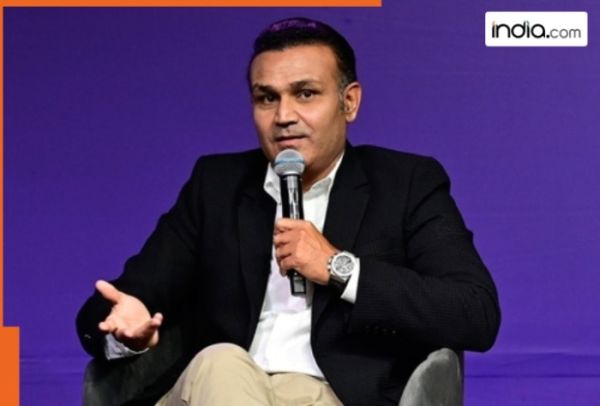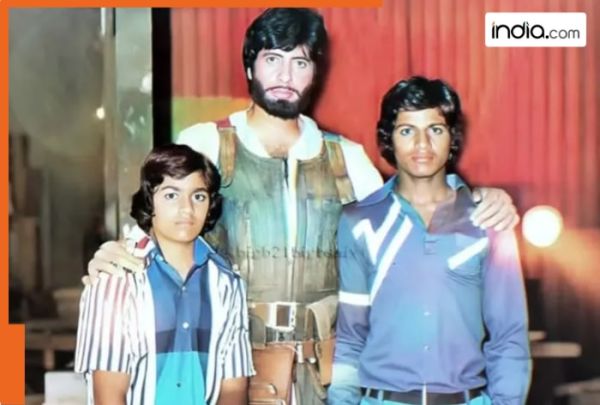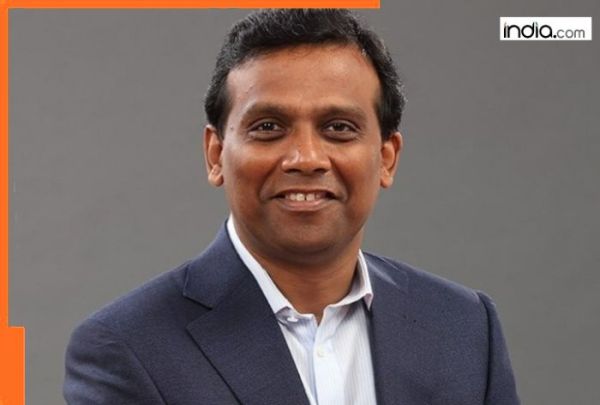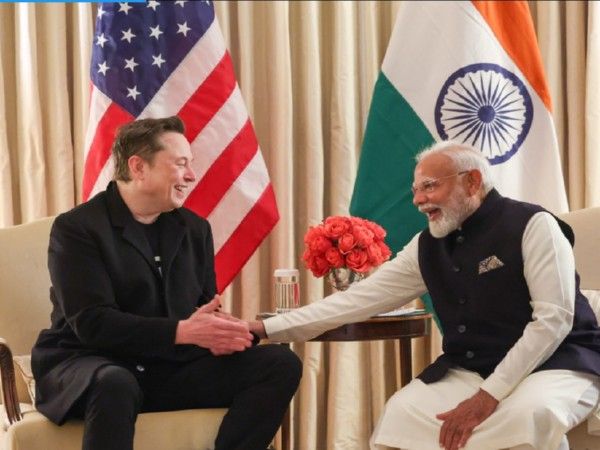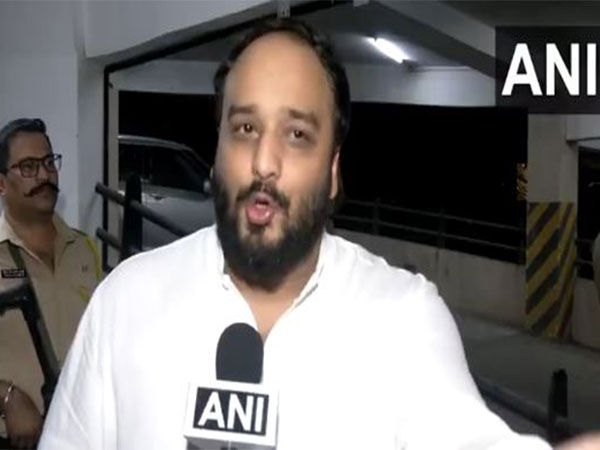Zoho's Sridhar Vembu has sounded an alarm about the future of India's software and IT services sector, arguing that the industry is facing a fundamental reckoning-not just a cyclical downturn or a challenge from artificial intelligence, but a structural shift that will reshape the next several decades. In a post on X, Vembu contended that inefficiencies in products and services have long plagued the global software industry.
"My operating thesis: what we are seeing is not just a cyclical downturn and it is not just AI related. Even without the uncertainty induced by tariffs, there was trouble ahead.
"The broader software industry has been quite inefficient, both in products and services. These inefficiencies have accumulated over decades of a prolonged asset bubble," Vembu, who stepped down as CEO in the IT firm in January to focus on R&D, wrote.
He noted that India, as a major exporter of software and IT services, has adapted to and even relied on these inefficiencies, with millions of jobs tied to the sector's continued expansion.
"Sadly, we adapted to a lot of those inefficiencies in India. Our jobs came to depend on them. The IT industry sucked in talent that may have gone into manufacturing or infrastructure (for example)," he said.
Vembu's comments come amid increasing concerns around the software industry's future as AI and automation threaten to upend traditional business models.
Analysts say AI-powered software could make development vastly more efficient, reducing the need for large teams and potentially shrinking the economic influence of software companies, especially in countries like India that have built their economies around software exports.
While much of the current debate centers on the impact of AI and trade uncertainties-such as tariffs affecting global tech supply chains-Vembu argued that these are only part of the story. Even without these disruptions, he believes the accumulated inefficiencies would have led to trouble for the industry.
"We are only in the early stages of a long reckoning. The last 30 years are not a good guidepost to the next 30 years. We are truly at an inflection point," Vembu cautioned, urging industry leaders to challenge their assumptions and rethink strategies for the future.
"My operating thesis: what we are seeing is not just a cyclical downturn and it is not just AI related. Even without the uncertainty induced by tariffs, there was trouble ahead.
"The broader software industry has been quite inefficient, both in products and services. These inefficiencies have accumulated over decades of a prolonged asset bubble," Vembu, who stepped down as CEO in the IT firm in January to focus on R&D, wrote.
He noted that India, as a major exporter of software and IT services, has adapted to and even relied on these inefficiencies, with millions of jobs tied to the sector's continued expansion.
"Sadly, we adapted to a lot of those inefficiencies in India. Our jobs came to depend on them. The IT industry sucked in talent that may have gone into manufacturing or infrastructure (for example)," he said.
Vembu's comments come amid increasing concerns around the software industry's future as AI and automation threaten to upend traditional business models.
Analysts say AI-powered software could make development vastly more efficient, reducing the need for large teams and potentially shrinking the economic influence of software companies, especially in countries like India that have built their economies around software exports.
While much of the current debate centers on the impact of AI and trade uncertainties-such as tariffs affecting global tech supply chains-Vembu argued that these are only part of the story. Even without these disruptions, he believes the accumulated inefficiencies would have led to trouble for the industry.
"We are only in the early stages of a long reckoning. The last 30 years are not a good guidepost to the next 30 years. We are truly at an inflection point," Vembu cautioned, urging industry leaders to challenge their assumptions and rethink strategies for the future.




